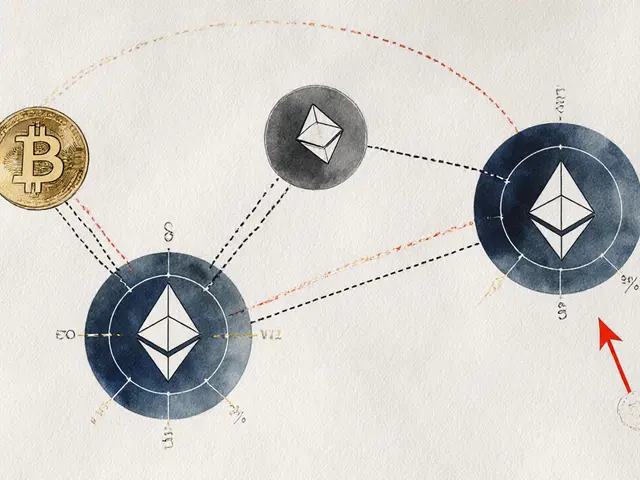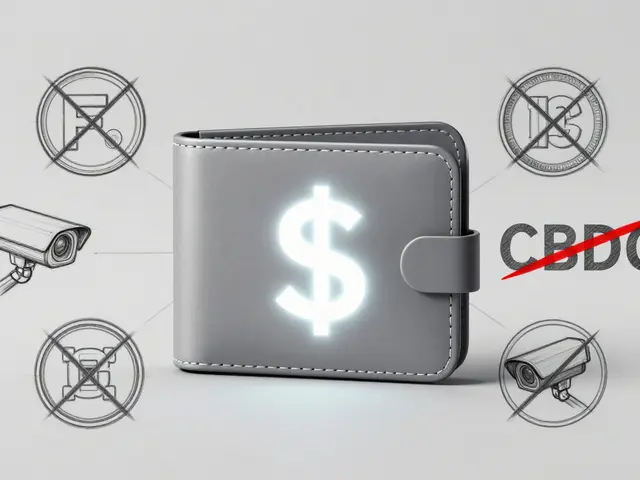Philippine Crypto Compliance: What Every Trader and Business Needs to Know
When navigating Philippine crypto compliance, the set of laws and regulatory requirements that govern crypto activities in the Philippines. Also known as Philippine crypto rules, it touches everything from exchange registration to tax reporting. Understanding this landscape helps you avoid fines, stay legit, and make smarter investment choices.
One of the main overseers is SEC Philippines, the Securities and Exchange Commission that enforces securities‑type treatment for many tokens. It requires token issuers to file registration statements when a coin is deemed a security. Complementing the SEC, the Bangko Sentral ng Pilipinas (BSP) regulates stablecoins, digital payments and the broader fintech ecosystem. Together, they create a two‑track system where securities rules meet monetary policy.
Key Pillars of Compliance
Philippine crypto compliance requires three core steps: securing a VASP (Virtual Asset Service Provider) license, adhering to AML/CFT (Anti‑Money Laundering/Combating the Financing of Terrorism) standards, and filing accurate tax returns. The VASP licensing process, overseen by the SEC, demands proof of capital, internal controls, and a risk‑based AML program. Once licensed, providers must continuously monitor transactions, file suspicious activity reports, and keep customer data secure.
Tax treatment adds another layer. The Bureau of Internal Revenue (BIR) treats crypto gains as capital gains or business income depending on the activity. Crypto tax Philippines requires annual reporting on Form 1701Q for individuals and Form 1702 for corporations. Failure to declare can trigger penalties far higher than the original profit.
These requirements aren’t isolated. They influence which exchanges operate locally, shape the design of DeFi projects, and affect cross‑border token offerings. For example, a foreign exchange looking to serve Filipino users must partner with a locally licensed VASP, just like the Korbit exchange review shows how regional licensing impacts user experience. Similarly, the UAE Crypto Regulations 2025 and the Nigeria VASP license guide illustrate how different jurisdictions handle similar rules, offering useful benchmarks for Philippine policymakers.
Putting it all together, the compliance picture looks like this: Philippine crypto compliance encompasses SEC enforcement, BSP oversight, VASP licensing, AML obligations, and tax reporting. Each piece connects to the next, creating a framework that protects investors while allowing innovation. Below you’ll find a curated set of articles that break down these topics, compare them to global trends, and give you step‑by‑step guidance for staying on the right side of the law.
Crypto Licensing Requirements in the Philippines: SEC Guidelines for CASPs
A detailed guide on the Philippines SEC's 2025 crypto licensing rules, covering capital, office, AML, marketing, fees, enforcement, and step‑by‑step application tips.
View More




